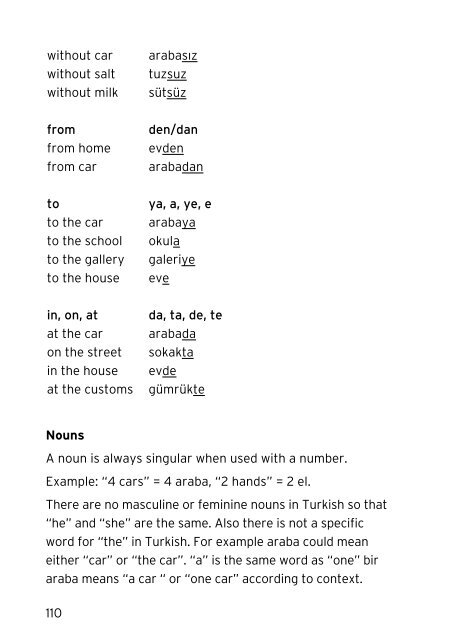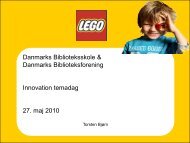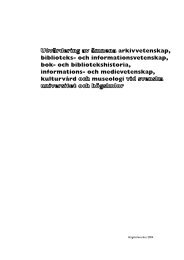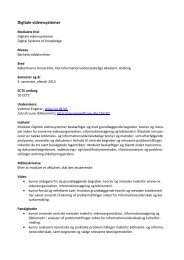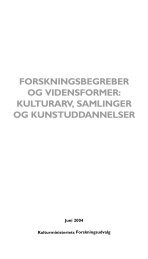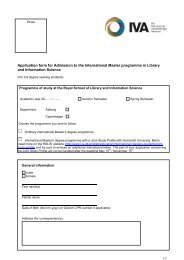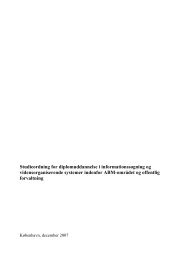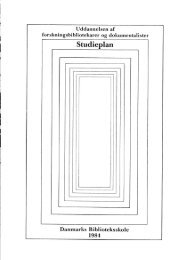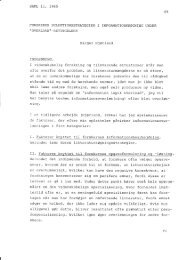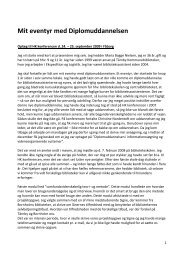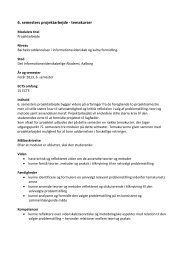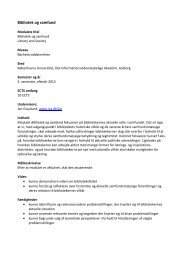without car without salt without milk arabasız tuzsuz sütsüz from from home from car den/dan evden arabadan to to the car to the school to the gallery to the house ya, a, ye, e arabaya okula galeriye eve in, on, at at the car on the street in the house at the customs da, ta, de, te arabada sokakta evde gümrükte Nouns A noun is always singular when used with a number. Example: “4 cars” = 4 araba, “2 hands” = 2 el. There are no masculine or feminine nouns in Turkish so that “he” and “she” are the same. Also there is not a specific word for “the” in Turkish. For example araba could mean either “car” or “the car”. “a” is the same word as “one” bir araba means “a car “ or “one car” according to context. 110
Pronouns “He” or “she” and “it” are all the same pronoun in Turkish. There are however two different pronouns for the word “you”. If speaking to one person on friendly terms you can use “sen”, and when speaking to several people or someone you do not know well better to use “siz”. As a new learner you can use “sen”, instead of the formal “siz”. Ben means “I”, beni means “me”, benim means “mine”, bana means “to me”, bende means “with me”, benden means “from me”. Sen means “you” in singular and informal sense, seni, senin, sana, sende senden O, means “he, she, it”, onu, onun, ona, onda, ondan Biz, means “we”, bizi, bizim, bize, bizde, bizden Siz, means “you” (plural) or formal singular “you”, sizi, bizin, size, sizde, sizden Onlar, means “they”, onlari, onlarin, onlara, onlarda, onlardan. Adjectives Adjectives come before nouns and the verb comes at the end. Daha is the word for “more”, and en is the word for “most”. Example: “a new car” yeni araba, “a newer car” daha yeni araba, “a newest car” en yeni araba. “my”, “your” etc. are expressed by the ending. Note that “their” form is the same as for “his, her, and its” 111
- Page 1 and 2:
HACETTEPE UNIVERSITY Handbook for I
- Page 4 and 5:
Contents Dear Incoming Students, .
- Page 6 and 7:
The Climate . . . . . . . . . . . .
- Page 11:
Dear Incoming Students, This bookle
- Page 14 and 15:
HACETTEPE UNIVERSITY Hacettepe Univ
- Page 16 and 17:
Some Facts and Figures about Hacett
- Page 18 and 19:
History The history of the Universi
- Page 20 and 21:
Erasmus Programme in Numbers 2004-2
- Page 22:
Visa Requirements Once you have dec
- Page 25:
also a medical library, a bank offi
- Page 29 and 30:
Catalogue (opac) is available at te
- Page 31 and 32:
Computing Services The university p
- Page 33 and 34:
Those interested in winter sports f
- Page 35 and 36:
aphrodisias, izmir nekropol, lahit
- Page 37 and 38:
Hacettepe University Exchange Stude
- Page 39 and 40:
Atakule, Ankara 39
- Page 41 and 42:
Nemrut, Adıyaman Side, antalya 41
- Page 43 and 44:
Pamukkale Ürgüp, Göreme, Nevşeh
- Page 45:
Selçuk Truva, Çanakkale Çırağa
- Page 53 and 54:
BANKS, POST OFFICES AND COUNCELLING
- Page 55 and 56:
in purse-snatching in major cities
- Page 57 and 58:
paediatric patients. There are 114
- Page 59 and 60: or Beytepe Campus should be done to
- Page 61 and 62: students visit the restaurants and
- Page 63 and 64: to say, “inecek var” meaning
- Page 65 and 66: Orientation Week As you are in a ne
- Page 67 and 68: will have to repeat it the next sem
- Page 69 and 70: normally be readmitted to the Facul
- Page 71 and 72: in order to skip form. If the stude
- Page 73 and 74: Those who fail are required to atte
- Page 75 and 76: General Perspective of Ankara The c
- Page 77 and 78: with you to buy suitable clothing f
- Page 79 and 80: Cultural Highlights of Ankara There
- Page 81 and 82: Ala Turka Turkish Coffee Turkish Co
- Page 83 and 84: their addresses and our comments ab
- Page 85 and 86: maybe you’ll drift off into dream
- Page 87 and 88: Şengül Hamamı This hamam was bui
- Page 89 and 90: Following is the list of the holly
- Page 91 and 92: Protestant International Protestant
- Page 93 and 94: Restaurants and Cafes in the Center
- Page 95 and 96: Selanik Caddesi No: 10/2 Kızılay/
- Page 97 and 98: Entertaintment Bars and Live Music,
- Page 99 and 100: Pubs — Nedjima Café Bar (Rock, P
- Page 101 and 102: Shopping — KARUM This shopping ce
- Page 103 and 104: BOOKSTORES — ABC One of the books
- Page 105 and 106: • Ankuva Shopping Mall, Bilkent P
- Page 107 and 108: ANKARA INTERNATIONAL MUSIC FESTIVAL
- Page 109: The aim of this section is not to t
- Page 113 and 114: It is important to add that Turkish
- Page 115 and 116: usually the name of the building is
- Page 117 and 118: 1 ounce 28.35 g 1 pound 0.4536 kg 1
- Page 119 and 120: USEFUL TELEPHONE NUMBERS Ambulance
- Page 121 and 122: 121 English Türkçe Discount İndi
- Page 123 and 124: English Weekdays Monday Tuesday Wed
- Page 125 and 126: Where can I find a dentist?: Nerede
- Page 127 and 128: Muscle injection: kaba ete iğne Oc


